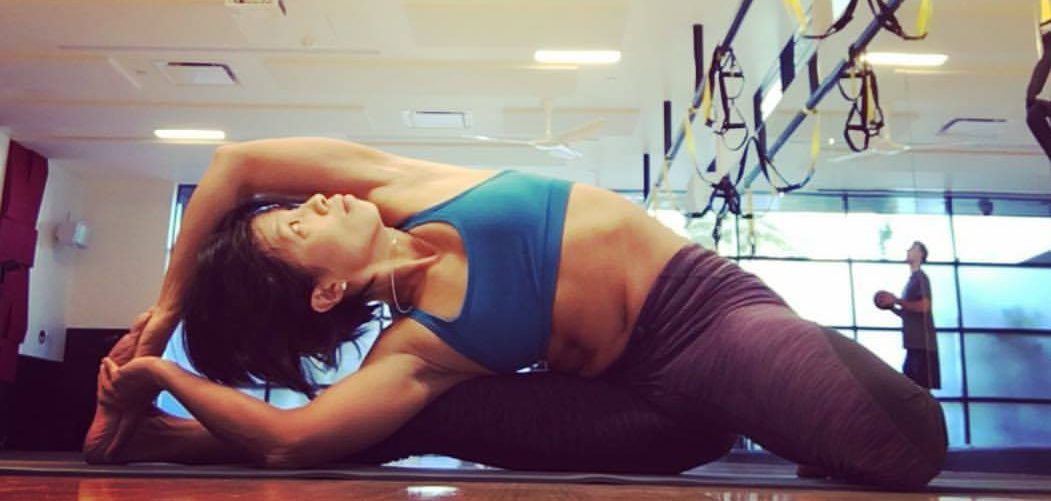My name is Eva Alexander. I teach Ashtanga yoga at Breathe Together Yoga in Los Gatos. I am an immigrant from Hong Kong, and I have been calling California my home since the ’90s. I developed a passion for yoga in 2003, when I used it to manage the challenges of pregnancy and childbirth. Shortly after my second child was born, I started taking Vinyasa Flow classes. I realized the many benefits of yoga and decided I would spread the joy of yoga.
This website uses cookies to ensure you get the best experience on our website. Private Policy.
I obtained my yoga teacher certification in 2010 and have been teaching Vinyasa Yoga since then. I discovered and fell in love with Ashtanga Vinyasa Yoga in 2012, after I attended a workshop by Senior Teacher Chuck Miller. Today I maintain a daily Ashtanga Vinyasa practice and continue to learn and grow by practicing and teaching. Besides yoga, I enjoy hiking and cuddling my two pugs, Mickey and Ruby, at home.
What is your favorite go-to practice that you do nearly every day?
Surya Namaskar every day.
What does yoga mean to you?
Yoga is about joy, love, devotion, and humility. Yoga is a lifelong practice. Practice every day, and all is coming.
What teachers and teachings continue to inspire you?
Mojdeh Zahiraleslamzadeh (yoga as healing arts); Manju Jois (yoga is joyful); David Swenson (meaning of life is to leave the room a better place); Peter Sanson (practice yoga to be a useful human being).
